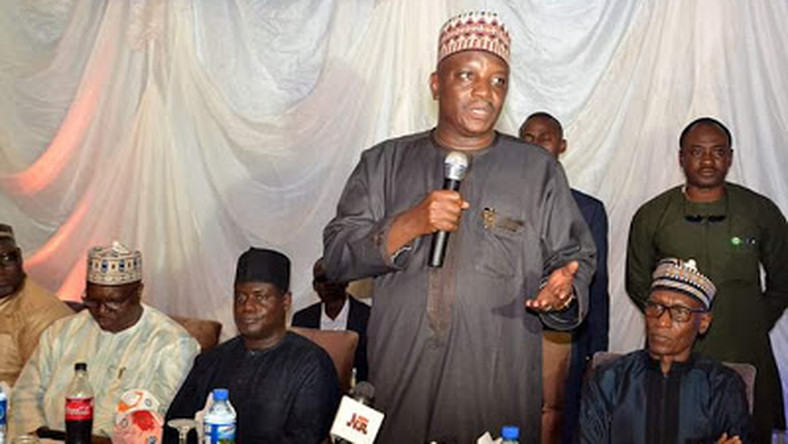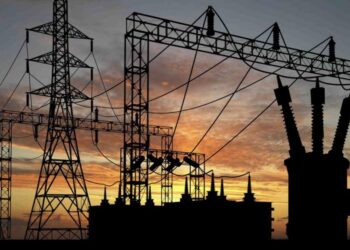Electricity remains one of the major challenges facing businesses in Nigeria, and a report has shown that the eleven (11) Electricity Distribution Companies (DisCos) in Nigeria suffered huge revenue shortfalls in the tune of N1.67 trillion in the past five years.
This is contained in the documents published on the website of Nigerian Electricity Regulatory Commission (NERC) titled: 2016 – 2018 Minor Review & Minimum Remittance Orders for the 11 DisCos.
The breakdown: According to the data contained in the report, all the 11 DisCos in Nigeria recorded an average of N152.3 billion revenue shortfall between 2015 and 2019. A closer look at the report shows that Ibadan Power Company (IBDC) had the biggest share of the revenue shortfall.
[READ ALSO:Nigeria’s power company secures $1.6 billion to boost power sector]
NERC noted that it computed and recognised the sum of 235.5 billion as the tariff shortfall for IBDC between 2015 and 2019 year to date.
- Ikeja power Distribution Company followed IBDC closely with the sum of N188.5 billion as revenue shortfall between 2015 and 2019.
- Benin DisCo recorded N164 billion revenue shortfall to rank third, while Kaduna DisCo’s shortfall was estimated at N164 billion.
- Others include Abuja (N154.3 billion), Eko (N145.2 billion), Port Harcourt (N143.3 billion), Kano (N140 billion), Enugu (N140 billion), Jos (N126.2 billion) and Yola (N74 billion).

Recurring Interventions: Power supply has been one of the major challenges facing key economic agents (individuals and businesses) in the Nigerian economy. Despite reforms, the power sector is still faced with several challenges ranging from the electricity supply, revenue generation and low investment level.
Basically, tariffs shortfall recorded by the DisCos came from individuals, firms and even government agencies who are consumers of electricity services. To tackle this, NERC stated in its report that it had issued a new order directing all the ministries and agencies of government (MDAs) to be metered by DisCos.
Most recently, the Federal Government approved N600 billion for injection into the country’s electricity market. According to NERC, the intervention fund was for the payment of the shortfall in electricity invoices for the entire market.
The government made intervention payments in line with the Power Sector Recovery Plan (“PSRP”). According to the plan, all accrued liabilities in DisCos’ financial records arising from tariff shortfalls shall be transferred off the balance sheet and fully settled under the financing plan of the PSRP initiative.
NERC document reads, “All funds retained by the DisCos as represented by excess of market (remittance) shortfalls over tariff shortfall are to be recovered as a full liability of the DisCos, including applicable interest thereon, in line with the provisions of the Supplementary TEM Order, the Market Rules and respective industry contracts with NBET and the MO.
“All DisCos with an excess of tariff shortfall over market shortfall shall be compensated accordingly for the difference. Also, all interest payable by DisCos on unpaid invoices issued by NBET and the MO and attributable to tariff shortfall shall be transferred off the balance sheet of the utilities.”
Recent Development: Recently, a section of the media reported that the Federal Government through the NERC had increased the tariff payable by power consumers across the country. Meanwhile, NERC had quashed the reports, explaining that no tariff has been approved yet.
Following this, Nairametrics published an article to provide an explanation of why NERC is considering increasing electricity tariffs. Specifically, NERC disclosed that the minor review earlier approved came as a result of revenue shortfall that might have arisen due to the difference between tariffs approved by the regulator and actual end-user tariffs.
Despite this, different groups representing power consumers across the country have declared that the purported approved increase in electricity tariff would not stand until there is a considerable improvement in the power supply.
[READ ALSO: Why NERC is considering increasing electricity tariffs]




















